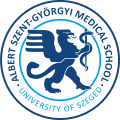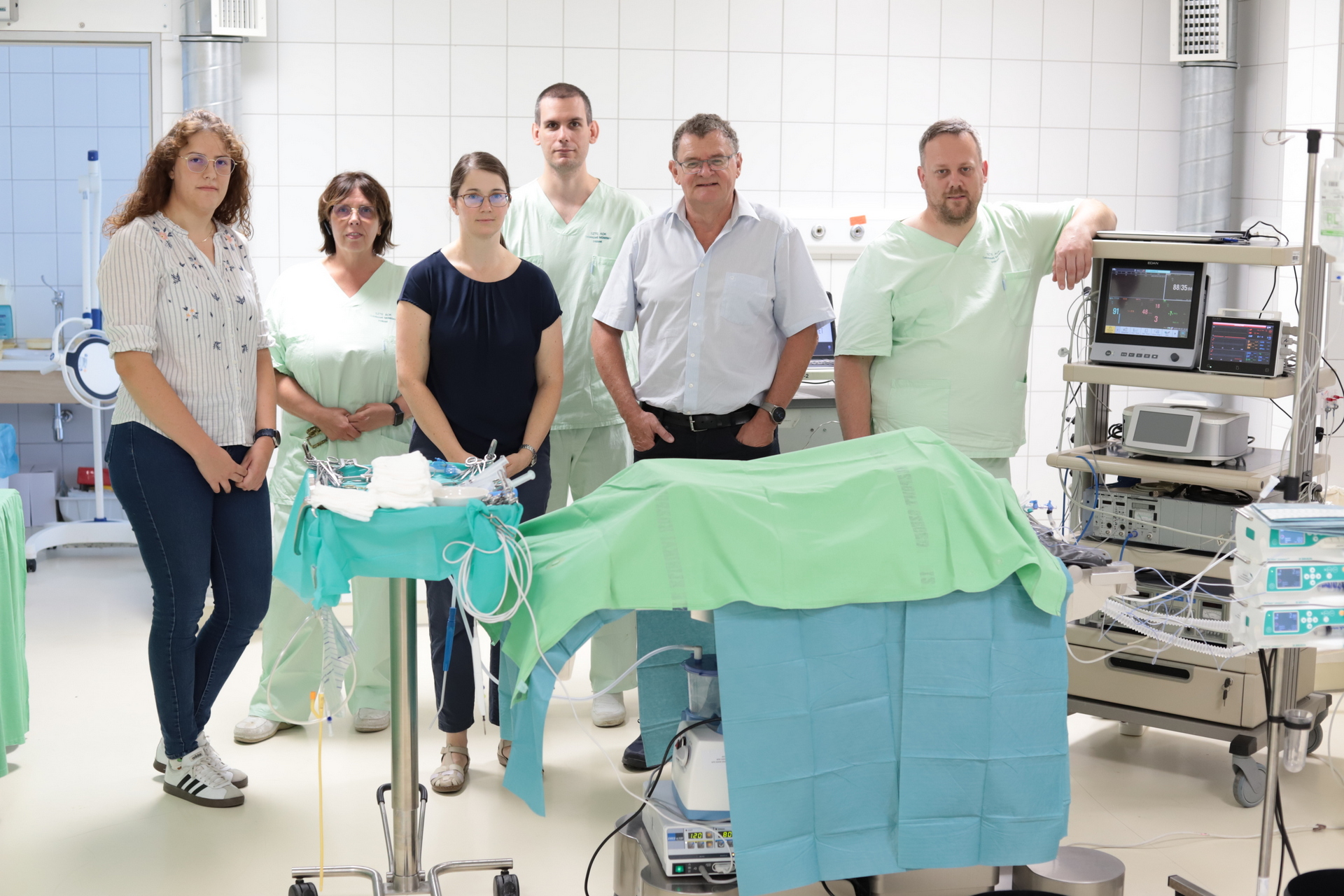University of Szeged
Albert Szent-Györgyi Medical School
Foreign Students' Secretariat
Your Education. Our Mission.
Student visa
It is highly recommended to contact the Embassy of Hungary in your country before you make any travel arrangements.
Visa free entry
On the website of the Ministry of Foreign Affairs (www.konzuliszolgalat.kormany.hu/visa-waiver-agreements) you can find a list of those countries whose citizens are exempted from the visa obligation if they are travelling to Hungary and hold a valid travel document entitling them to visa-free travel. However, three-five days after entering the country, they need to contact the Immigration Office in Szeged and apply for their residence permit. Furthermore, it is recommended to ask the Hungarian Embassy for confirmation of the information posted on the website of the Ministry of Foreign Affairs at www.konzuliszolgalat.kormany.hu/en
Student Visa required
Students from outside of the Schengen Treaty Area have to hand in their visa application to their local Hungarian Embassy or Consulate. Please note that it is your responsibility to complete visa application related tasks (if necessary). To avoid delays, please take into account the time needed for the clearance process (approx. 70 days).Three-five days after entering Hungary, students need to contact the Immigration Office in Szeged Hungary and apply for their residence permit. For details regarding the visa application and downloading the application form please visit the website of the Ministry of Foreign Affairs at www.konzuliszolgalat.kormany.hu/en
The Hungarian Embassy may require a certificate that your place is reserved including information on the credited tuition fee, health isnurance and temporary accomodation.These certificates must be requested from the relevant Faculties.






